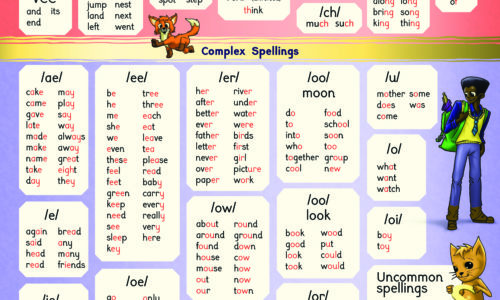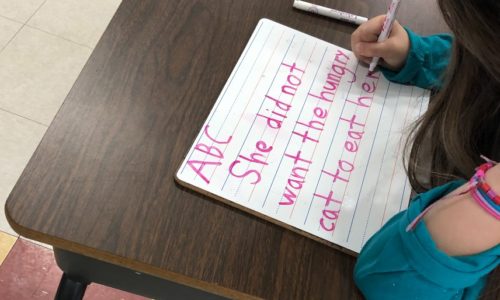Regardless of which program or approach to teaching phonics we use, teaching phonics systematically means we follow a particular scope and sequence with its own logic for introducing sound-symbol correspondences and spelling patterns. Many teachers are coming to recognize that when children are given reading material with words that match what they have been taught,…
Read MoreAligning decodable books with your phonics program
Posted on in Approaches to Teaching Reading, Decodable Books, Learning to Read, Reading Resources, Synthetic Phonics and tagged adjacent consonants, Article, beginning readers, consonant digraphs, decodable books, graphemes, linguistic phonics, Phonics, phonics program, scope and sequence, sound-symbol correspondences, structured literacy, truggling readers, vowel digraphLeave a Comment on Aligning decodable books with your phonics program





